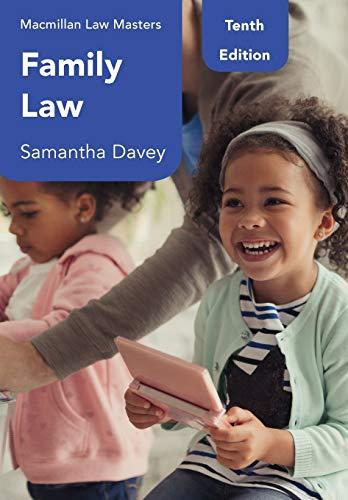1. Swedish law and the rules of some stock exchanges permit the issuing of the dual- class shares used in the Wallenberg Group. Do you think they should? Why and why not?Case study: The Wallenherg Group Corporate governance in Sweden has a number of distinctive characteristicsmandatory co- detemtination, high private share ownership, dual-class shares, shareholders' hoard nominating committee, and 'spheres' of private owners. The Wallenberg family forms such a sphere, owning a business empire that is more of a dynasty than a company. Now in its fifth generation of family control, and planning for the sixth, this huge empire dominates Swedish business. The 1i'tl'allenbergs own some 40% of the value of the Swedish stock exchange, but through dual- class shares, which give greater voting rights to their shares than to others, exercise control over many companies. Their interests include around 19% by value, 38% by votes, of car-maker Saab; 5% by value, 20% by votes, of Ericsson, a leading telecommunications company; around 11% by value, 28% by votes, of Electrolux, a white goods manufacturer; and also major interests in Atlas Copco, ABE, a global engineering group; SEB, one of Scandinavia 's largest banks; and many other companies. They also control 4% by value and votes of AstraZeneca, a pharmaceutical company listed in London, where dualclass shares are not permitted. 1i'tl'alleuberg ownership is exercised through the 1i'tl'allenberg foundations (assets US$6 billion}, which exercise just under 50% of the votes in Investor, a public company chaired by Jacob 1i'lllallenl'ietg, with over 100,000 other investors sharing in the family fortunes. Companies dominated by Investor are run by professional managers with their own boards of directors. However, Jacob Wallenberg insists that the family are 'not just kingmakers', as some claim, but are closely involved in the companies' corporate strategies. The governance style adopted by the Wallenbergs is based on a network of carefully fostered contacts, a policy to shift investment strategies from the past to the future as industries and technologies change, but then to stick with their companies through thick and thin. Marcus 1iftl'allenberg, of the fifth and present generation, has invested in technology rms. The family claim that they deserve their special rights in the multiple-voting, dual-class shares because of the family's role in successfully founding and developing Swedish companies over the years, and their tradition of strong and involved ownership. uestions








